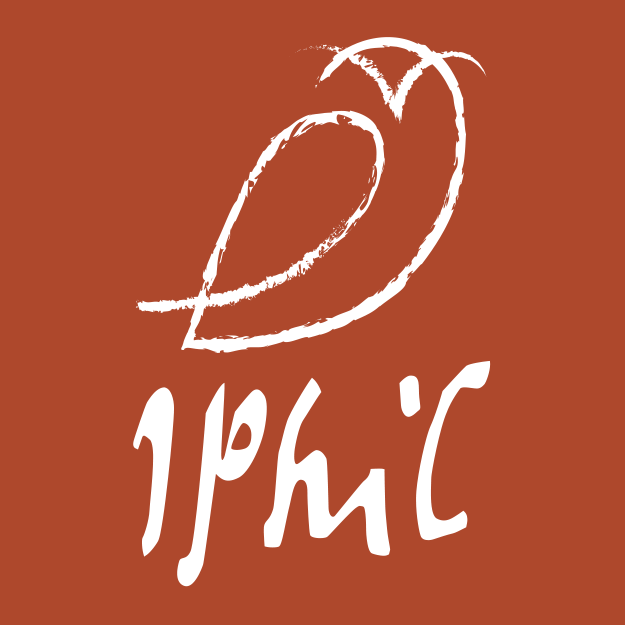Doctoral Projects
Matthias Ackermann – Causal Inference and Complex Systems: The Case of Climate Models
Dr. Markus Ahlers – Artificial Intelligence and the Constitution of Social Systems
Dr. George Barimah – The Epistemic and Moral Dimensions of Testimony in Scientific Research
Dr. Birgit Benzing – Epistemic Features and the Societal Mandate in Animal Welfare Science
Dr. Stefano Canali – The Role of Data in Contemporary Biomedicine: A Data-Centric Study of the Exposome
Dr. Rui F. de Souza Só Maia – Narratives and Model-Based Reasoning in Economics
Dr. Markus Dressel – Values in Scientific Policy Advice
Dr. Philipp Eichenberger – The Tacit Assumptions of Scientific Practices and Experimental Setups in Positive Psychology
Dr. Enno Fischer – Actual Causation
Dr. Robert Frühstückl – Epistemological and Normative Problems in the Operationalization of Biodiversity
Minea Gartzlaff – Strategies to Combine Practical Usefulness and Epistemic Merit of Research in the Life Sciences
Dr. Deborah Haar – Computer Simulation as a Tool for Discovery: model-building, methodology, ontology
Lisa Heller – Was, wenn nicht Wahrheit? Probleme und Potentiale des Relativismus
Dr. Hannah Hilligardt – Science, Representation and Democratic Legitimacy
Dr. Anna Elisabeth Höhl – Scientific Understanding – What it is and How it is Achieved
Dr. Simon Hollnaicher – The Ethics of Integrated Assessment Modelling
Dr. David Hopf – Imbalance and the State of Research. Emergent Challenges to the Independence of Science
Dr. Daria Jadreškić – Epistemological and Ethical Aspects of Time in Scientific Research
David Lambert – A pluralistic philosophy of psychiatric research
Dr. Jonas Lipski – Evaluating Competing Explanatory Games in Economics
Dr. Luis Lopez – Understanding (with) Deep Neural Networks
Dijana Magđinski Tolić – Philosophy of Science at the Intersection of the Priority Rule, Replicability and Scientific Novelty
Hanna Metzen – Trust in Scientific Expertise
Daniel Montero Espinoza – An examination of the epistemic role of symptoms in psychiatric research
Basel Myhub – Identifying Strategies for Practically Useful and Epistemically Sound Research in Chemistry
Dr. Julia Pfeiff – The Construction and Application of Explanatory Models of Mental Disorders in Clinical Psychology
Anja Pichl – Exploring Limits of Biological Knowledge at the Example of Stem Cell Research
Ilvie Prince – Medical Interventions for Non-Disease States
Dr. Leon-Philip Schäfer – Scientific and Moral Realism
Dr. Tobias Schönwitz – The Epistemology and Politics of Biodiversity Research
David Stöllger – Principled Revisability in Science and Society: A supplementary approach to respond to infectious disease outbreaks under the guidance of science
Dr. Fabio Tollon – AI, Agency, and Responsibility: From New Technologies to Old Problems, and Back Again
Henrik Roeland Visser – A Philosophical Analysis of Expert Judgments in Economics
Martina Valković – Cultural evolution: A critical view
Martin Wasmer – Ontology of Genome Editing in Agriculture for Legal Purposes and Ethics
Postdoctoral Projects
Dr. Corey Dethier – Uncertainty in Climate Modeling and its Epistemic, Methodological, and Ethical Implications
Dr. Saana Jukola – Amalgamating Scientific Evidence and Non-epistemic Values – The Case of Nutrition Guidelines
Prof. Dr. Anna Leuschner – Science, Objectivity, and Power
Dr. Tanja Rechnitzer – Public Understanding of Science as a Goal for Science Communication
Dr. Morgan K. Thompson – The Role of Values in the Explication and Operationalization of Constructs in Social Science and Medicine
